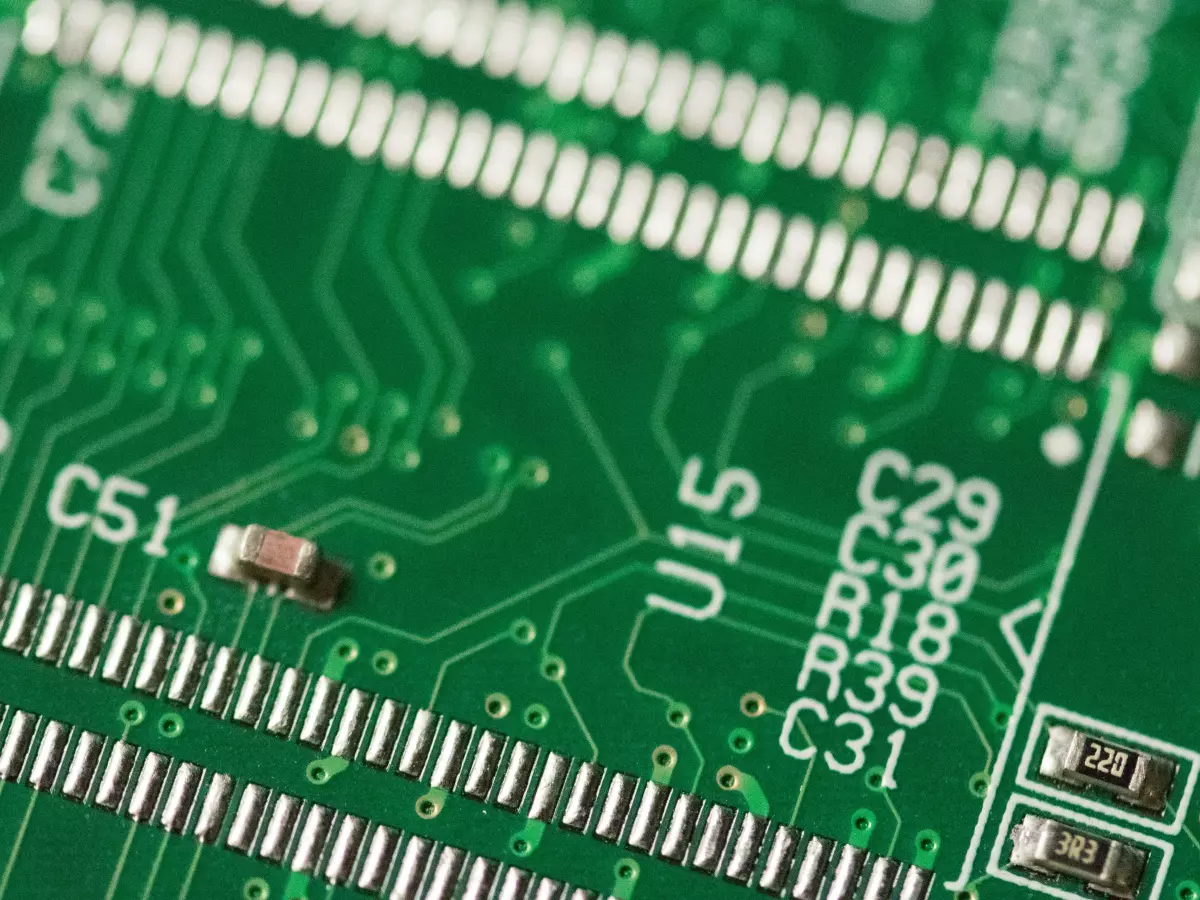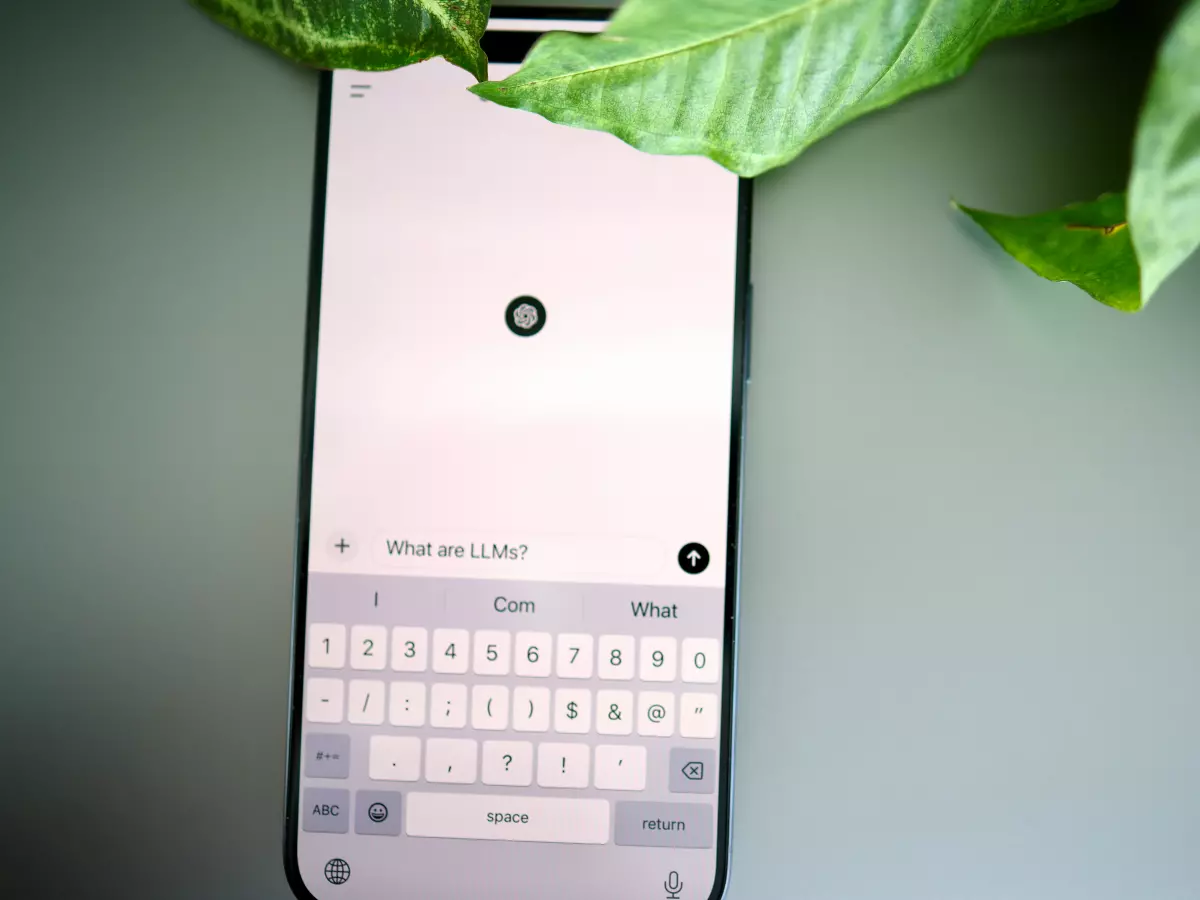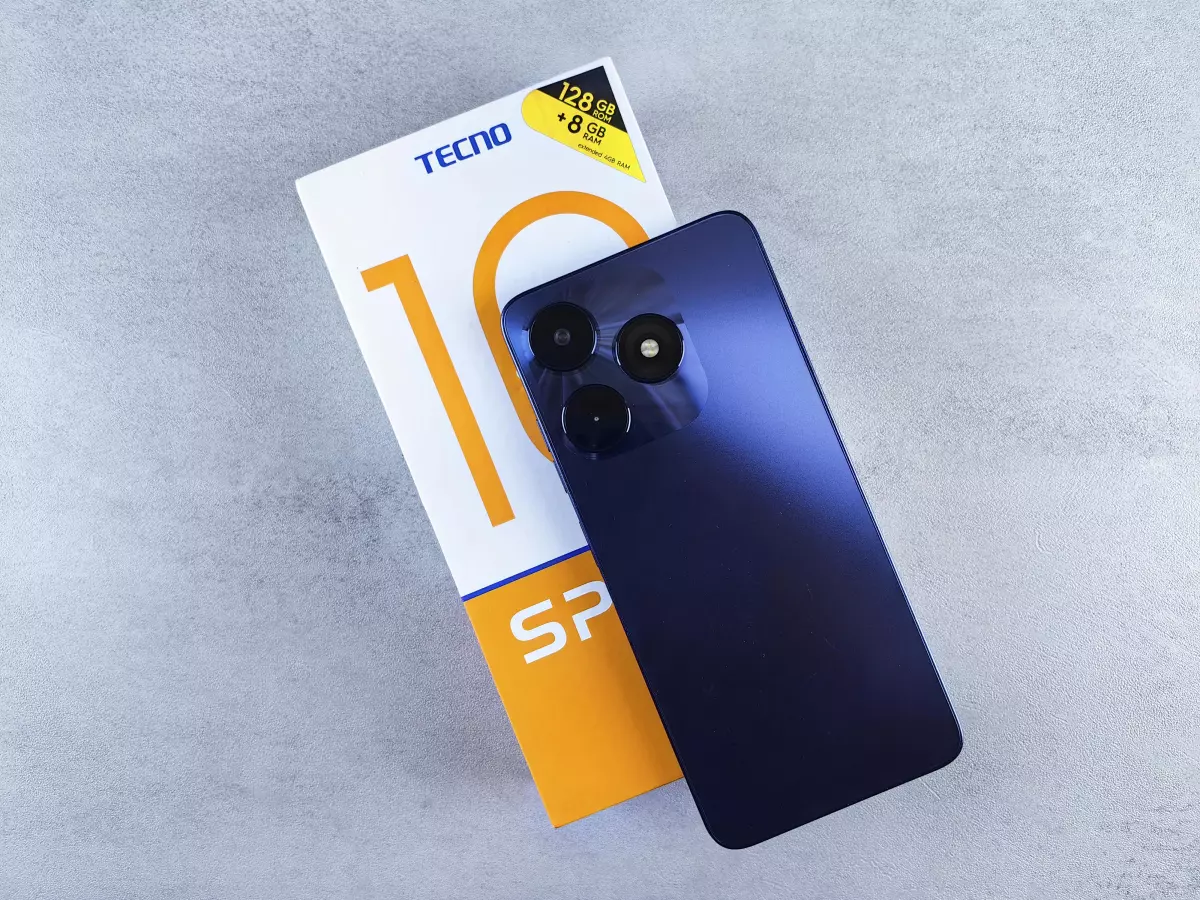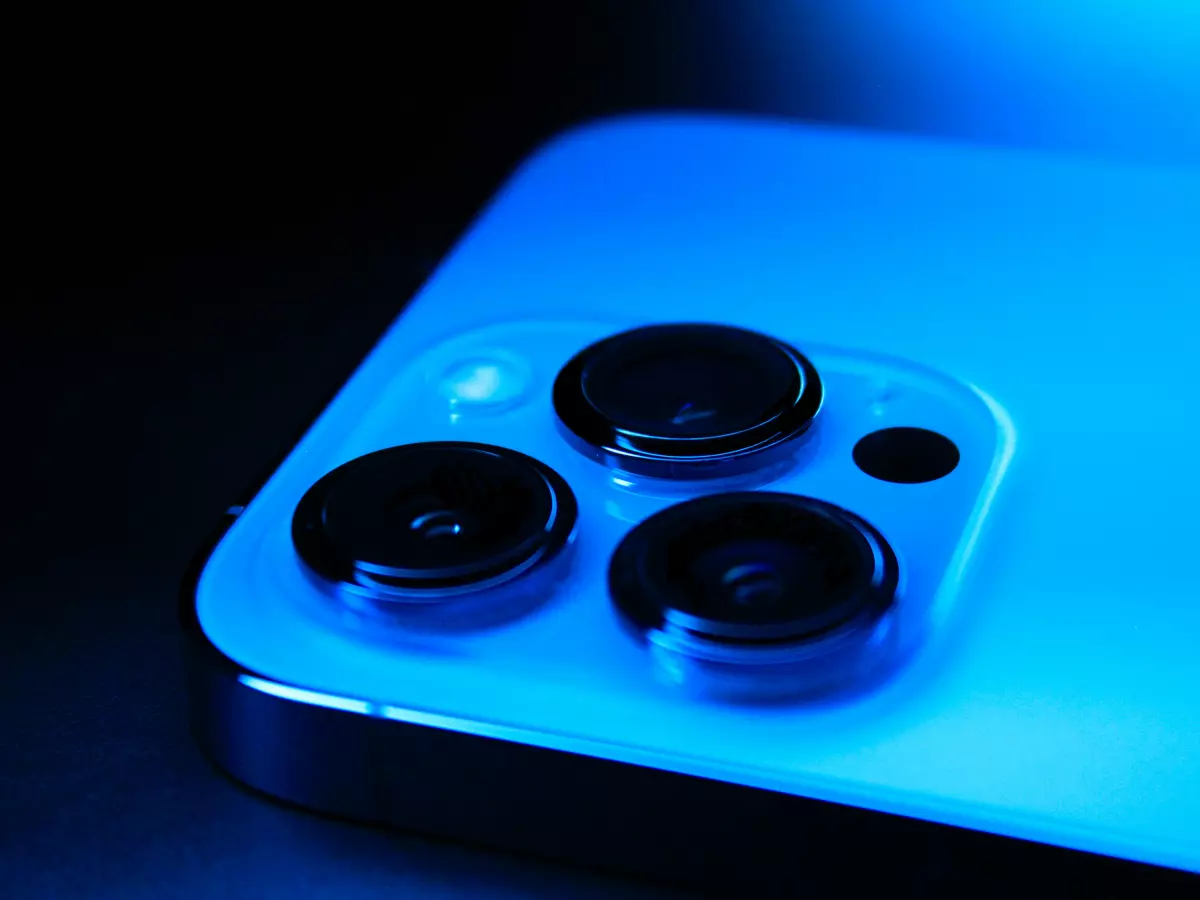Power Play
We all know the frustration of a dying smartphone battery. But what if I told you that the real MVP behind your phone's battery life isn't the battery itself?
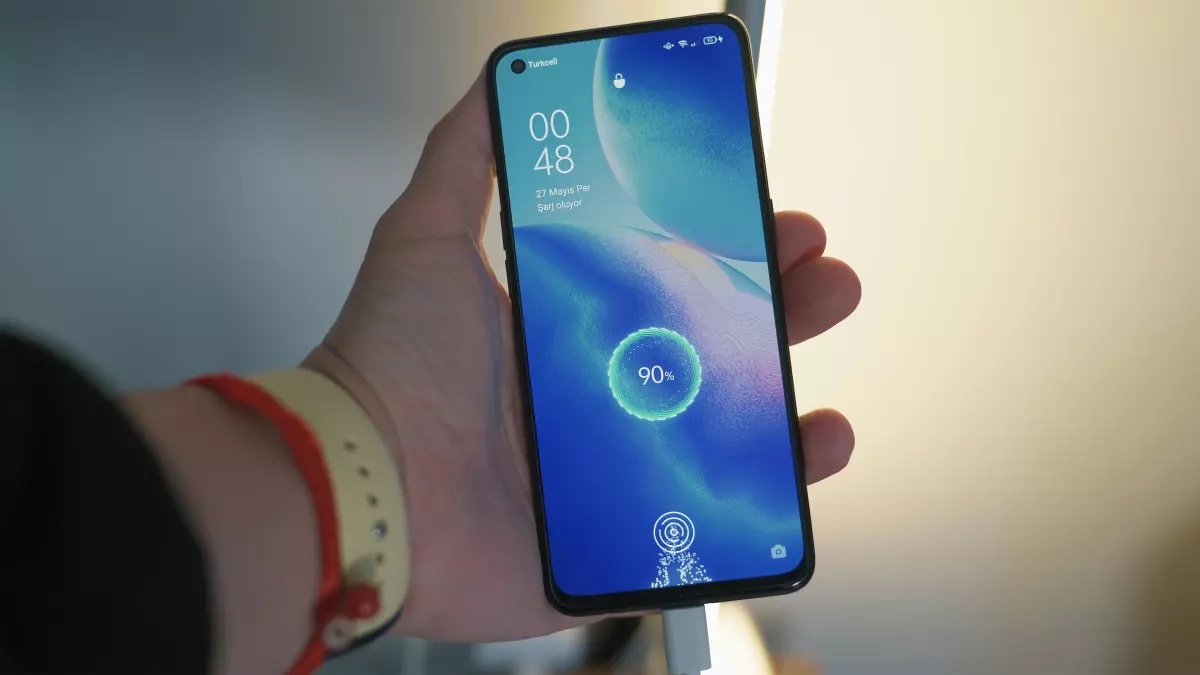
By Elena Petrova
There's a common misconception that the only thing standing between you and a dead phone is the size of your battery. The bigger the battery, the longer your phone lasts, right? Well, not exactly. While battery capacity does play a role, it's not the full story. The real magic happens behind the scenes, thanks to a little-known component called the Power Management Integrated Circuit (PMIC).
PMICs are the unsung heroes of your smartphone's hardware ecosystem. These tiny chips are responsible for managing the power flow within your device, ensuring that each component gets just the right amount of juice. Without them, your phone would either overheat, drain its battery in minutes, or simply refuse to turn on. So, let's dive into how these tiny chips work and why they're so crucial to your smartphone's performance.
What Exactly Is a Power Management IC?
In simple terms, a Power Management IC (PMIC) is a specialized chip designed to control the power distribution within your smartphone. Think of it as the traffic cop of your phone's electrical system. It directs power from the battery to various components like the CPU, GPU, display, and sensors, ensuring that each part gets the right amount of energy at the right time.
But it doesn't stop there. PMICs also regulate voltage levels, manage charging, and even handle thermal management to prevent your phone from overheating. In short, they keep your phone running smoothly and efficiently, even when you're pushing it to its limits with gaming, streaming, or multitasking.
Why Your Battery Isn't the Whole Story
It's easy to assume that a bigger battery equals better battery life, but that's only part of the equation. A poorly optimized PMIC can waste energy, causing your phone to drain faster than it should. On the flip side, a well-designed PMIC can stretch your battery life far beyond what you'd expect from its capacity alone.
For example, when you're using your phone for light tasks like texting or browsing, the PMIC can reduce the power sent to the CPU and other components, conserving energy. But when you're gaming or watching videos, it ramps up the power to keep things running smoothly. This dynamic power management is what allows modern smartphones to balance performance and battery life so effectively.
How PMICs Handle Charging
Another critical role of the PMIC is managing how your phone charges. Ever wonder why some phones charge faster than others? It's not just about the charger or the battery size; the PMIC plays a huge role here too. It controls the flow of electricity from your charger to the battery, ensuring that your phone charges quickly but safely.
Modern PMICs are designed to support fast charging technologies, which can fill up your battery in a fraction of the time it used to take. But they also include safety features like overcharge protection and temperature monitoring to prevent your phone from overheating or damaging the battery during charging.
The Future of PMICs: Smarter, More Efficient
As smartphones become more powerful and feature-packed, the demand for smarter, more efficient PMICs is growing. Future PMICs will likely include even more advanced power-saving features, allowing phones to run longer on smaller batteries. We may also see PMICs that can intelligently manage power based on your usage patterns, learning when you're most likely to need more power and when to conserve it.
In the world of smartphones, every milliwatt counts. And as we push the limits of what these devices can do, PMICs will continue to play a crucial role in keeping them running smoothly and efficiently.
The Bottom Line
So, the next time you're shopping for a new phone and comparing battery sizes, remember that there's more to the story. The Power Management IC is the real hero behind your phone's battery life, ensuring that every component gets the power it needs without wasting energy. It's the unsung hero that keeps your phone alive and kicking, even when you're pushing it to its limits.
In short, while your battery may get all the glory, it's the PMIC that's working tirelessly behind the scenes to keep your phone running smoothly. So, give a little nod of appreciation to this tiny but mighty component the next time your phone lasts through a long day of heavy use.

